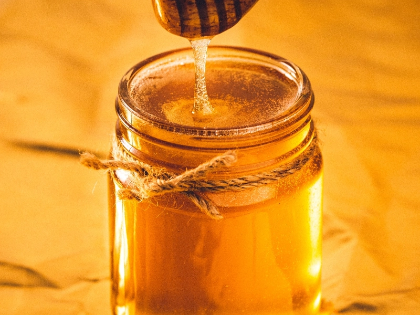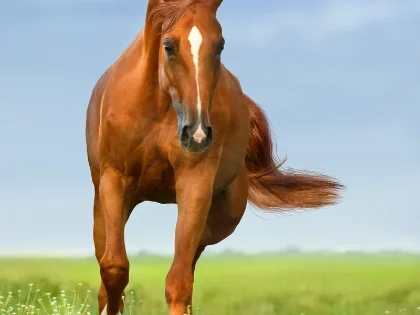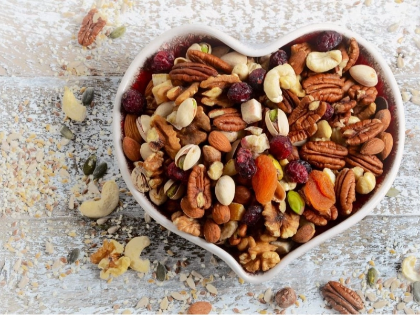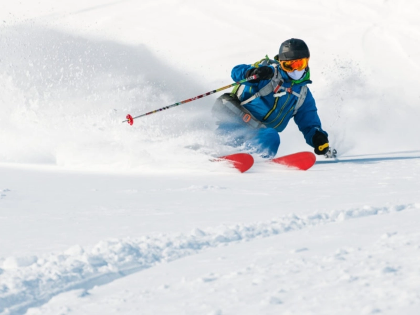Horse FlyProtection: Keeping Your Horse Comfortable In Summer
Horse owners deal with an assault of annoying insects including house flies, stable flies, deer flies and horn flies as summer heats up. Particularly active on warm, humid days, these bloodsuckers are drawn to filthy dung and other places heavy in germs. Fly blankets, repellent sprays and fly masks will assist your horse remain cool, comfortable and safe from these annoying bugs.
Start at the Source
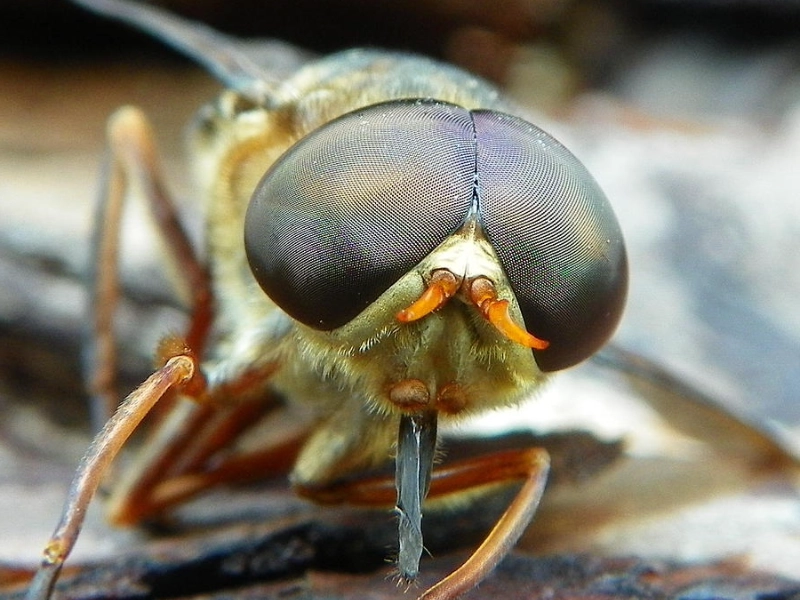
Keep Your Stalls Clean
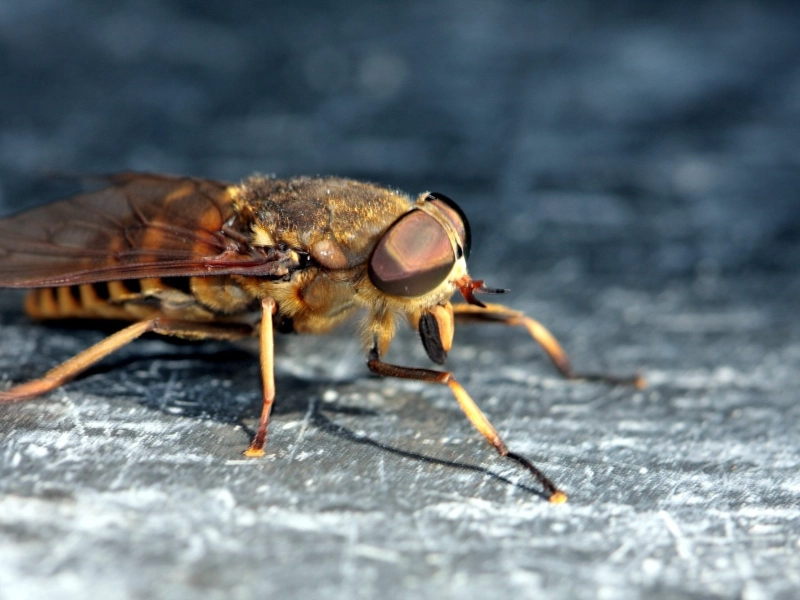 For horses, flies cause welts, skin irritation, and foot injury; they are not only a nuisance. Good fly control for horses begins with environmental management techniques meant to stop flies from breeding on your property before the season starts. These include changes to stalls and paddocks meant to lower mud and wetness. Key also is controlling water supplies using traps, stingless parasitic wasps and pesticides for dirt flies.
To cut the smells and moist bedding that draw horse flies, stalls have to be meticulously cleaned many times a day. Manure piles should be kept far from the barn, and covered compost piles help to avoid drawing pests.
Watch your horse to determine when and where Horse Flies are most active so you can concentrate treatment areas. Then, around the barn, pasture and fields, use fly traps like Fly Relief or granular fly baits like Flex 10-10 or Pivot IGR. Combining these items with masks and fly sprays offers a complete approach.
For horses, flies cause welts, skin irritation, and foot injury; they are not only a nuisance. Good fly control for horses begins with environmental management techniques meant to stop flies from breeding on your property before the season starts. These include changes to stalls and paddocks meant to lower mud and wetness. Key also is controlling water supplies using traps, stingless parasitic wasps and pesticides for dirt flies.
To cut the smells and moist bedding that draw horse flies, stalls have to be meticulously cleaned many times a day. Manure piles should be kept far from the barn, and covered compost piles help to avoid drawing pests.
Watch your horse to determine when and where Horse Flies are most active so you can concentrate treatment areas. Then, around the barn, pasture and fields, use fly traps like Fly Relief or granular fly baits like Flex 10-10 or Pivot IGR. Combining these items with masks and fly sprays offers a complete approach.
Apply a Fly Mask
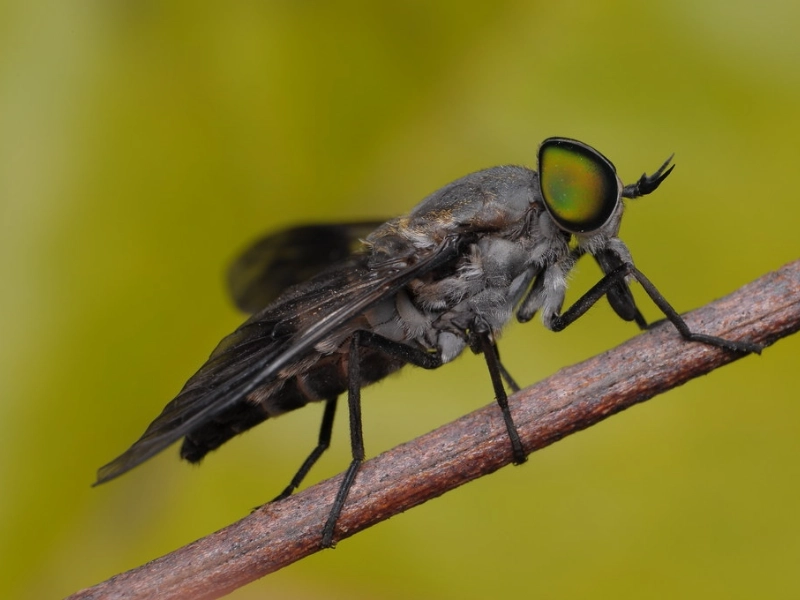 Among your weapons for combat against biting flies, a fly mask is among the most crucial ones. These semi-transparent masks shield your horse's eyes, lashes, nose, brow, and face from damaging UV rays as well as against midges, mosquitoes, and flies.
Start by putting the mask up and over one of your horse's ears after he is at ease having his head stroked by your hand or a soft cloth. Many young horses are sensitive to having their ears handled, hence this is a great chance to help them develop trust.
The horse should learn fastening once it is at ease with the mask slipping on and off. While leaving roughly a finger width of gap at the throat area so it can move as the horse eats, make sure the mask is snug enough to stay on without rubbing. A correctly fitting mask shields against insects and helps to prevent irritated, bitten ears.
Among your weapons for combat against biting flies, a fly mask is among the most crucial ones. These semi-transparent masks shield your horse's eyes, lashes, nose, brow, and face from damaging UV rays as well as against midges, mosquitoes, and flies.
Start by putting the mask up and over one of your horse's ears after he is at ease having his head stroked by your hand or a soft cloth. Many young horses are sensitive to having their ears handled, hence this is a great chance to help them develop trust.
The horse should learn fastening once it is at ease with the mask slipping on and off. While leaving roughly a finger width of gap at the throat area so it can move as the horse eats, make sure the mask is snug enough to stay on without rubbing. A correctly fitting mask shields against insects and helps to prevent irritated, bitten ears.
Get Rid of Manure
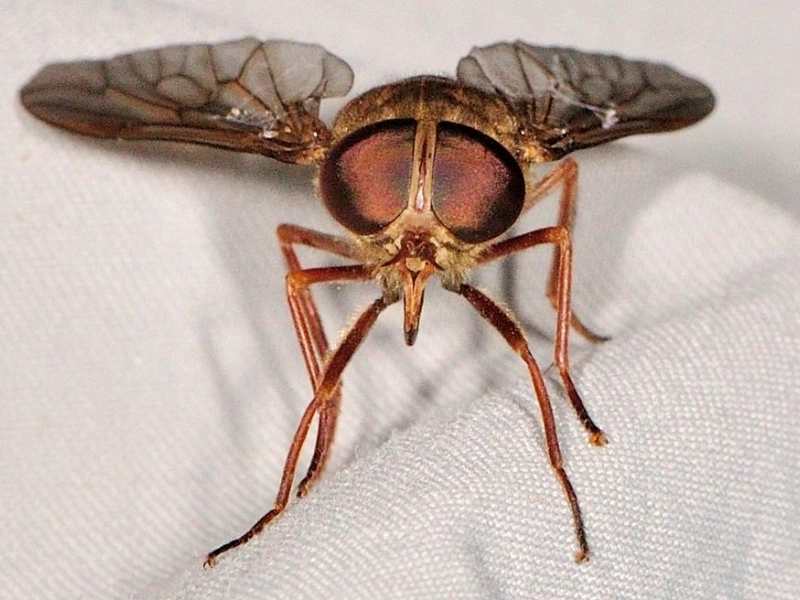 One of the greatest ways to reduce manure smells is a well-run composting yard, ideally situated downwind from the barn and adjacent homes. Composting lets aerobic (oxygen-using) bacteria rapidly break down stall manure without producing stench, and create heat that destroys weed seeds and parasite eggs.
A properly run composting system also helps maintain stall spaces clear of filthy bedding. Regarding pastures, horses should always have access to shade; the cool air of a man-made shelter or tree canopy can provide a notable temperature drop during the hottest part of day. They also need to be always surrounded with water (not just for hydration but also for avoiding dehydration). Maintaining a salt lick helps a horse restore lost electrolytes if it sweats a lot of salt. At last, an excellent equestrian sunscreen can be a terrific means of sunburn prevention for a horse's skin.
One of the greatest ways to reduce manure smells is a well-run composting yard, ideally situated downwind from the barn and adjacent homes. Composting lets aerobic (oxygen-using) bacteria rapidly break down stall manure without producing stench, and create heat that destroys weed seeds and parasite eggs.
A properly run composting system also helps maintain stall spaces clear of filthy bedding. Regarding pastures, horses should always have access to shade; the cool air of a man-made shelter or tree canopy can provide a notable temperature drop during the hottest part of day. They also need to be always surrounded with water (not just for hydration but also for avoiding dehydration). Maintaining a salt lick helps a horse restore lost electrolytes if it sweats a lot of salt. At last, an excellent equestrian sunscreen can be a terrific means of sunburn prevention for a horse's skin.

